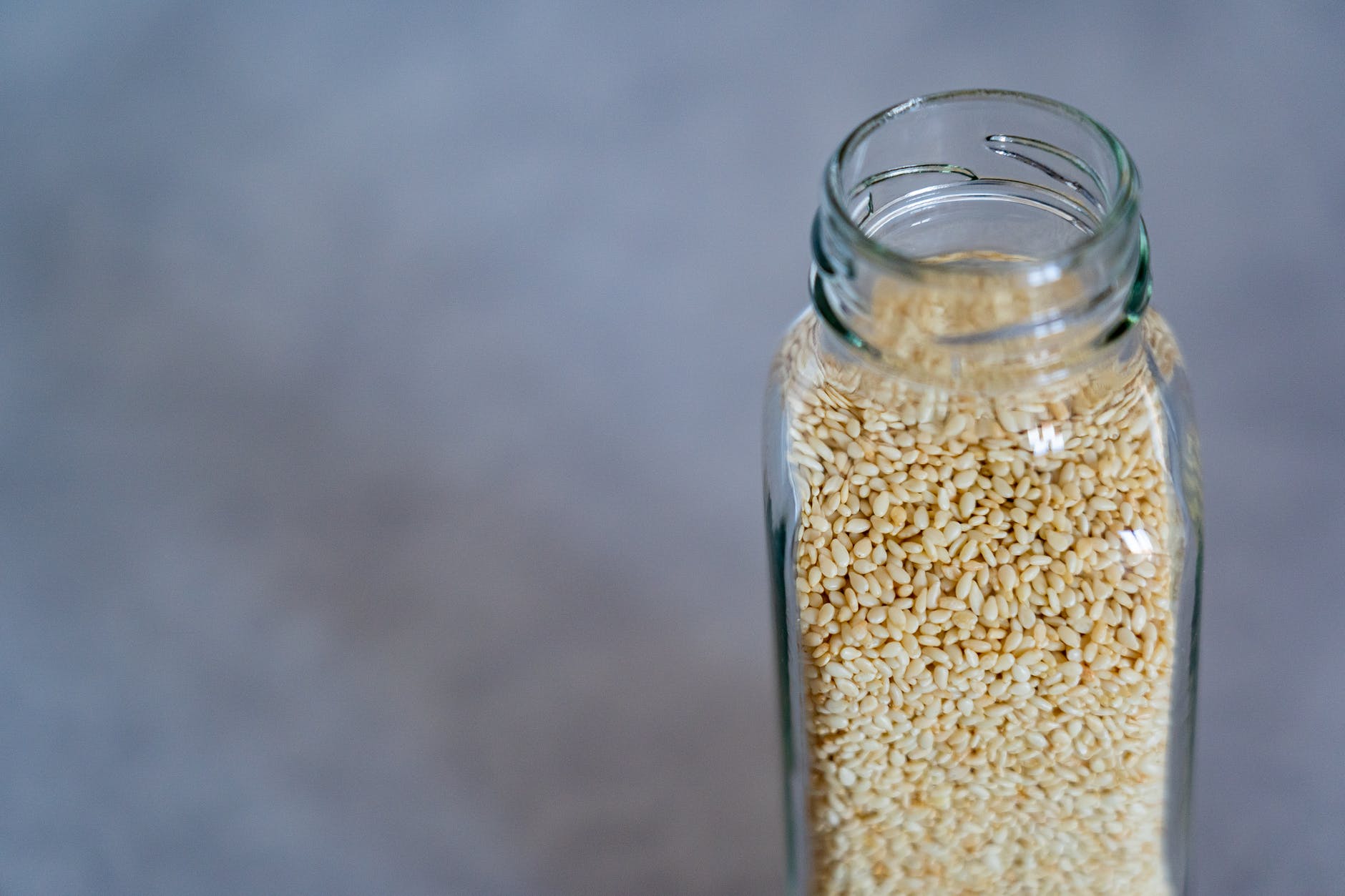Sesame seeds are tiny, oil-rich seeds that grow in pods on the Sesamum indicum plant.
Unhulled seeds have the outer, edible husk intact, while hulled seeds come without the husk.
The hull gives the seeds a golden-brown hue. Hulled seeds have an off-white color but turn brown when roasted.
Sesame seeds have many potential health benefits and have been used in folk medicine for thousands of years. They may protect against heart disease, diabetes, and arthritis



